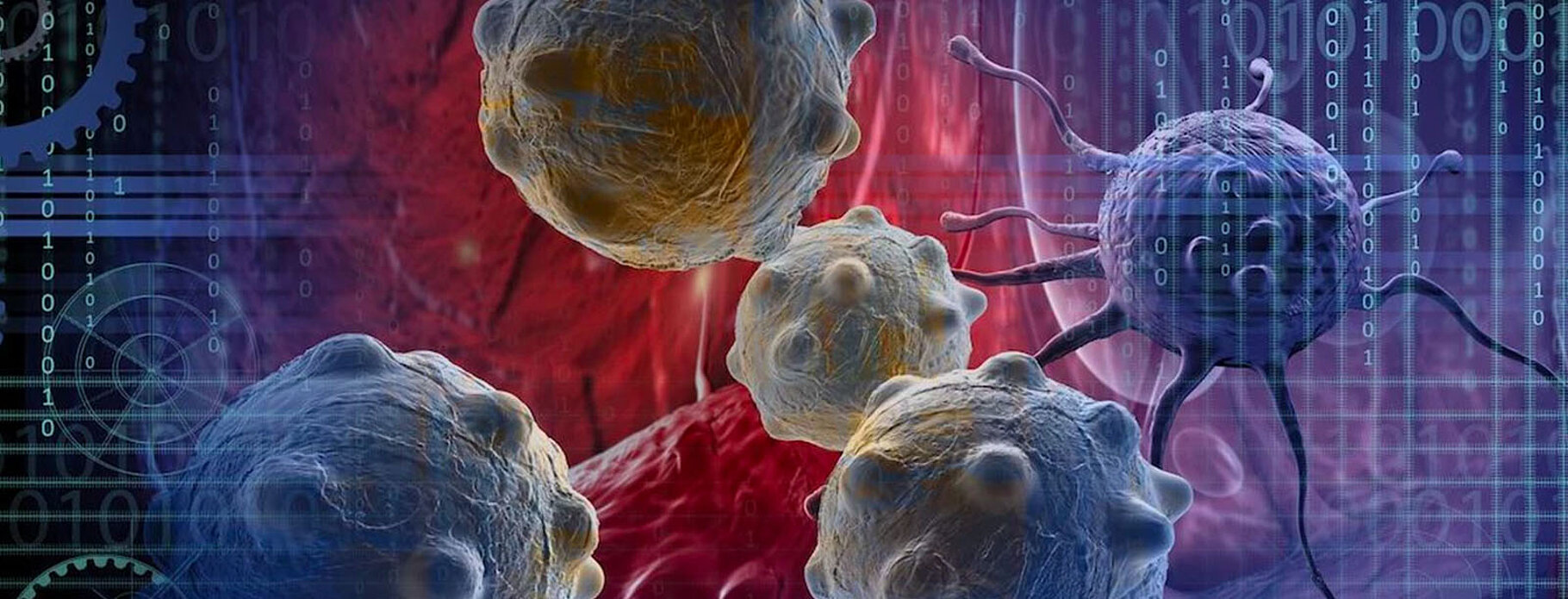
Structural biology of molecular machines
Structural biology of molecular machines
Nature has evolved fascinating molecular machines that are responsible for essential biological processes like DNA synthesis, protein translation or the generation of movement along cytoskeletal tracks. The latter task is carried out by motor proteins. Cells rely on these motor proteins because the cytosol is a crowded and highly viscos environment making active transport processes necessary to ensure proper distribution of vital factors. Among the large family of motor proteins, the dynein motor stands out because of its huge size of around 1.2 MDa and the complexity of its subunit composition. This ATP dependent molecular machine transports various essential cargos, including whole organelles like endosomes, mitochondria or nuclei, along microtubules. Especially nuclear transport processes involving dynein have attracted a lot of attention, because of their importance for developmental processes. Some of the most prominent examples include the fusion of male and female pro-nuclei after fertilization, the interkinetic nuclear migration during embryonic brain development or the nuclear movements during C.elegans hypodermal syncytium formation. We use an integrated structural biology approach that combines cryo-electron microscopy and x-ray crystallography to elucidate how the dynein motor produces force to generate movement and how it connects to and transports nuclei.
Members
Researchers
Engineers
Publications
2024
Article in a journal
Remodelling of Rea1 linker domain drives the removal of assembly factors from pre-ribosomal particles
- Johan Busselez
- Geraldine Koenig
- Carine Dominique
- Torben Klos
- Deepika Velayudhan
- Piotr Sosnowski
- Nils Marechal
- Corinne Crucifix
- Hugo Gizardin-Fredon
- Sarah Cianferani
- Benjamin Albert
- Yves Henry
- Anthony K Henras
- Helgo Schmidt
Nature Communications ; Volume: 15 ; Page: 10309
2022
Article in a journal
In vitro characterization of the full-length human dynein-1 cargo adaptor BicD2
- Robert Fagiewicz
- Corinne Crucifix
- Torben Klos
- Célia Deville
- Bruno Kieffer
- Yves Nominé
- Johan Busselez
- Paola Rossolillo
- Helgo Schmidt
Structure ; Volume: 30 ; Page: 1470-1478.e3
2018
Article in a journal
The CryoEM structure of the Saccharomyces cerevisiae ribosome maturation factor Rea1
- Piotr Sosnowski
- Linas Urnavicius
- Andreas Boland
- Robert Fagiewicz
- Johan Busselez
- Gabor Papai
- Helgo Schmidt
eLife ; Volume: 7
